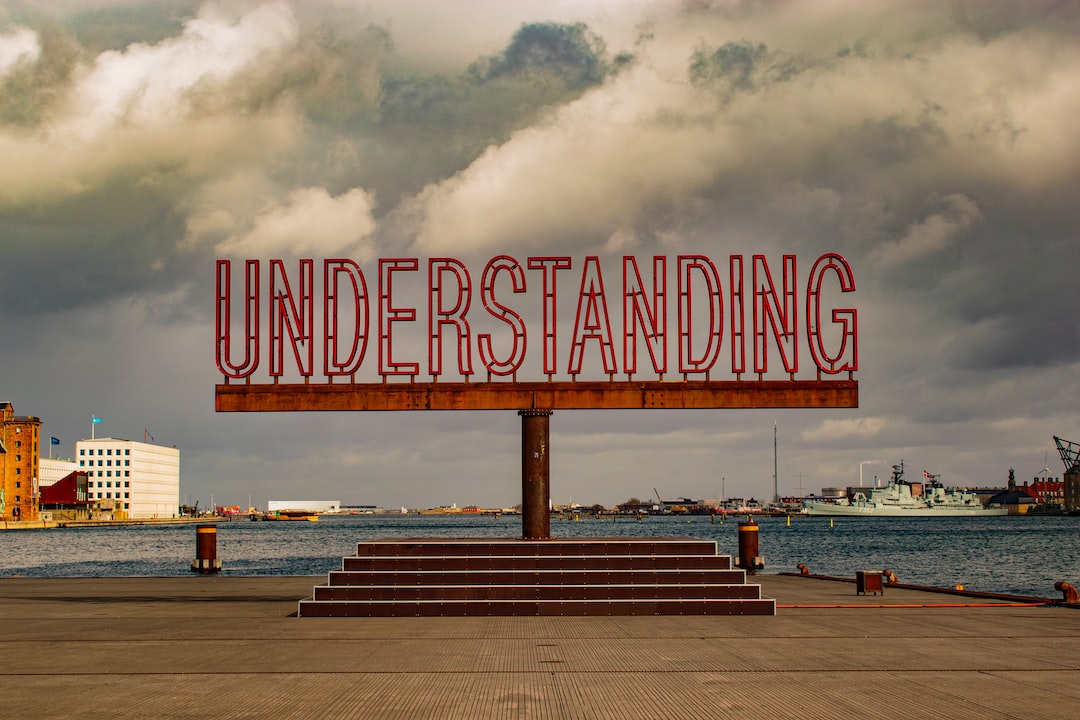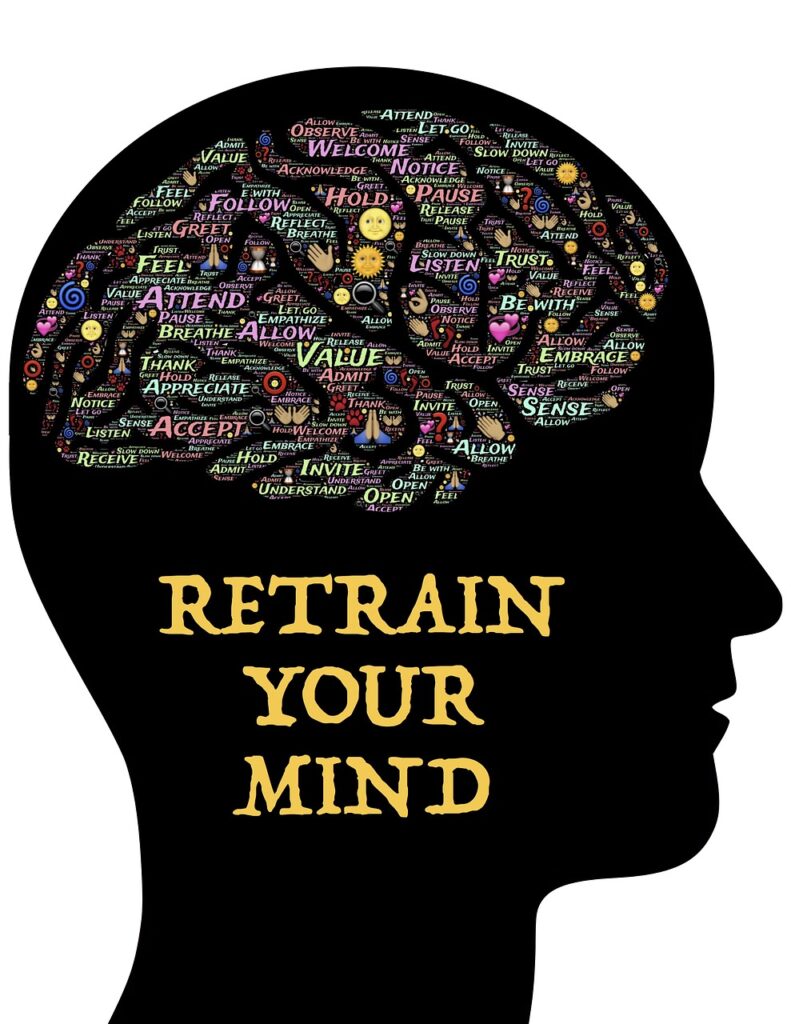
What is the Meaning of Understanding? Many researchers in the field of psychology need to understand that repeating a result is different from explaining that result. For example, if you found that men gamble more than women, a typical way of “explaining” this result would be to say that men have a greater “risk propensity” than women, causing them to play more. This statement does not add anything that the finding did not; all it does is add a tag to the conclusion.
Now, some psychologists might understand this shortcoming and take the next step: they might say something about men finding gambling more entertaining or rewarding than women. That may be true, but it’s still not a complete explanation. Instead, it would only push the explanatory phase back a step to the question of why men might perceive gambling differently than women.
If researchers understand this additional gap and take the next step, they will pinpoint a cause for that feeling. If we’re lucky, that lawsuit will be non-circular and involve more than the phrase “culture did it.”
A good explanation should focus on a specific behavior outcome, a plausible function of that outcome that can explain the emotion or feeling itself. This is considerably easier in some cases than in others:
- Hunger motivates people to seek out and consume food to avoid the need.
- Fear motivates people to flee or avoid threatening situations, to avoid danger.
- Guilt encourages people to make amends and mend relationships with offended parties, avoid convictions and punishments, and reap the rewards of social interaction.
Is there any difference between understanding and the sense of understanding
I recently asked that functional question about a feeling not often discussed: Understanding the function of understanding is by no means an easy task. However, before I get into the job, I have to make a significant distinction as to what exactly I mean by “understand.” After all, if Wikipedia has a hard time defining the term, I can’t just assume we’re all on the same page despite using the same word.
I want to distinguish between understanding itself and the sense of understanding. The examples given on Wikipedia reflect the concept itself: the ability to make connections between mental representations. Therefore, understanding itself represents the application of knowledge. For instance, if a rat learned to press a candy bar for food, the rat understands something of the connection between pressing a candy bar and receiving food, as the former appears to cause the latter.
The degree of understanding itself can vary in terms of accuracy and completeness. To continue with the rat example, a rat may understand that pressing the wand generally yields food without understanding the process’s mechanics. Similarly, a person may know that taking an allergy pill will reduce allergy symptoms, but their understanding of how that process works may be significantly less detailed or accurate than the researchers responsible for the experience.
Understanding in itself must be distinguished from the feeling of familiarity. While understanding itself refers to the actual connections between your mental representations, understanding emotions refer to your mental words about the state of those other mental representations. So the sense of understanding is a bit of a metacognitive sensation; you’re thinking about your thinking. Just like understanding, the purpose of performance occurs in varying degrees: one can feel like you don’t understand something at all through the feeling of fully understanding it and all that is between the two.
Once we have made this distinction, we can begin to think about some helpful questions: What is the relationship between understanding itself and the feeling of experience? What behaviors are encouraged by the sense of awareness? What functional outcomes do these behaviors aim for? Given these applicable findings, what predictions can we make about how people who experience varying degrees of feeling like they understand something will respond to specific contexts?
To answer these questions, let’s go back to the original quote. The enemy of knowledge is not ignorance but the illusion of knowledge, the feeling of understanding. While a bit dramatic and poetic, the selection brings up an important idea: there isn’t necessarily a perfect correlation between knowledge per se and feeling understood. Of course, understanding itself may tend to trigger feelings of compassion, but we should be concerned with matters of degree. Heightened senses of experience do not require a solid connection to degrees of knowledge per see.
Likewise, a person’s judgment of attractiveness doesn’t have to correlate perfectly with their natural beauty. This is a partial, albeit relatively underspecified, answer to our first question. Fortunately, that’s all my description of understanding requires a less-than-perfect correlation between sense itself and the feeling of compassion.
This brings us to the second question: what behavior is motivated by a sense of understanding? If you’re an astute reader, you may have noticed that the word “understand” appears multiple times in the first paragraph. He referred to researchers who felt their understanding was incomplete in each case. What prompted the researchers to do this feeling? Keep trying to build their knowledge of yourself. In cases where researchers lack the sense that their understanding is necessarily incomplete, they seem to do only one thing: stop. That is, achieving a purpose of knowledge appears to function as a stopping rule for learning. Hawkins probably meant in his quote that people stop investing in education when they feel they understand it. A sense of understanding is the enemy of knowledge because it motivates you to prevent acquiring things. It may encourage you to start sharing that information with others, choosing to talk about a topic rather than defer to who you consider an expert, but I won’t address that point here.
Given that people often never seem to understand fully, why should we ever expect people to stop trying to improve? Part of this reason is that there is a trade-off between investing time in one aspect of your life and investing it in another. Learning a skill is not time spent doing other potentially useful things. If you were to plot a learning curve, which plots the amount of new knowledge gained per unit of time invested in learning, you’d likely see diminishing returns over time. Let’s say you were trying to learn how to play a song on a musical instrument. The first hour you spend practicing will acquire more information than, say, the thirtieth hour. Eventually, you’ll come to a point in your practice where the value of every extra hour isn’t worth the investment. At this point, when some cognitive balance shifts from time spent learning a task to getting things done, we should predict that people will achieve a strong sense of understanding. As hunger decreases with each additional bite of food, the importance of experience should increase with each extra piece of information.
This brings us to the final question: What can we predict about people’s behavior based on their sense of understanding? Aside from the reluctance above to learn about a specific topic, we can also expect that repeated exposure to information we already understand would be downright adverse (in the same way that eating food after feeling full is painful).
For example, we might expect people to be bored and focused on lessons that process the material slowly. We can also expect people to react angrily if someone tries to explain something they think they already understand. There’s a word for what people consider that last act: condescending. Not only does condescension waste someone’s time with extra information, but it can also serve as an implicit or explicit challenge to their social status through a challenge to their understanding per se (e.g., “You think you understand this topic, but you don’t you understand).
Although this list is relatively modest, I think it’s a good starting point for comprehension. Of course, since I feel this way, chances are I’ll probably stop looking for other starting points, so maybe I’ll never know.








